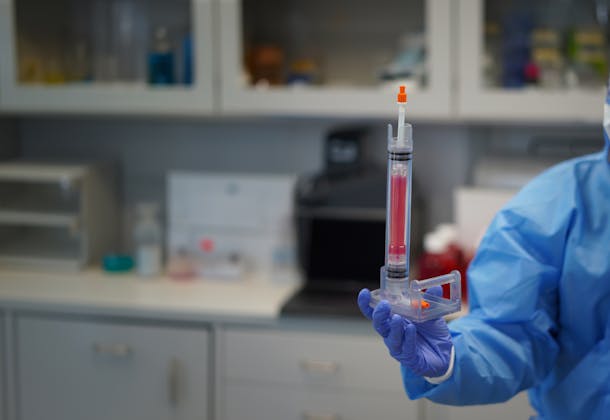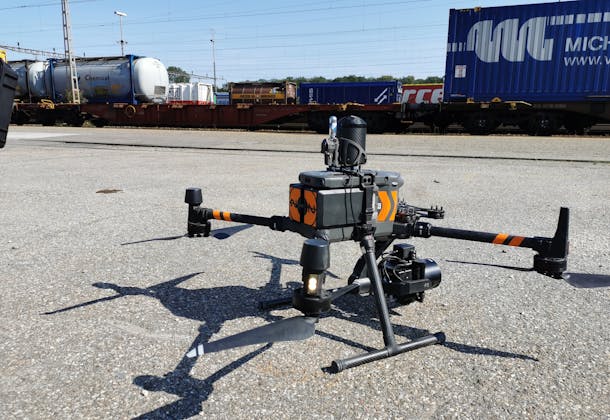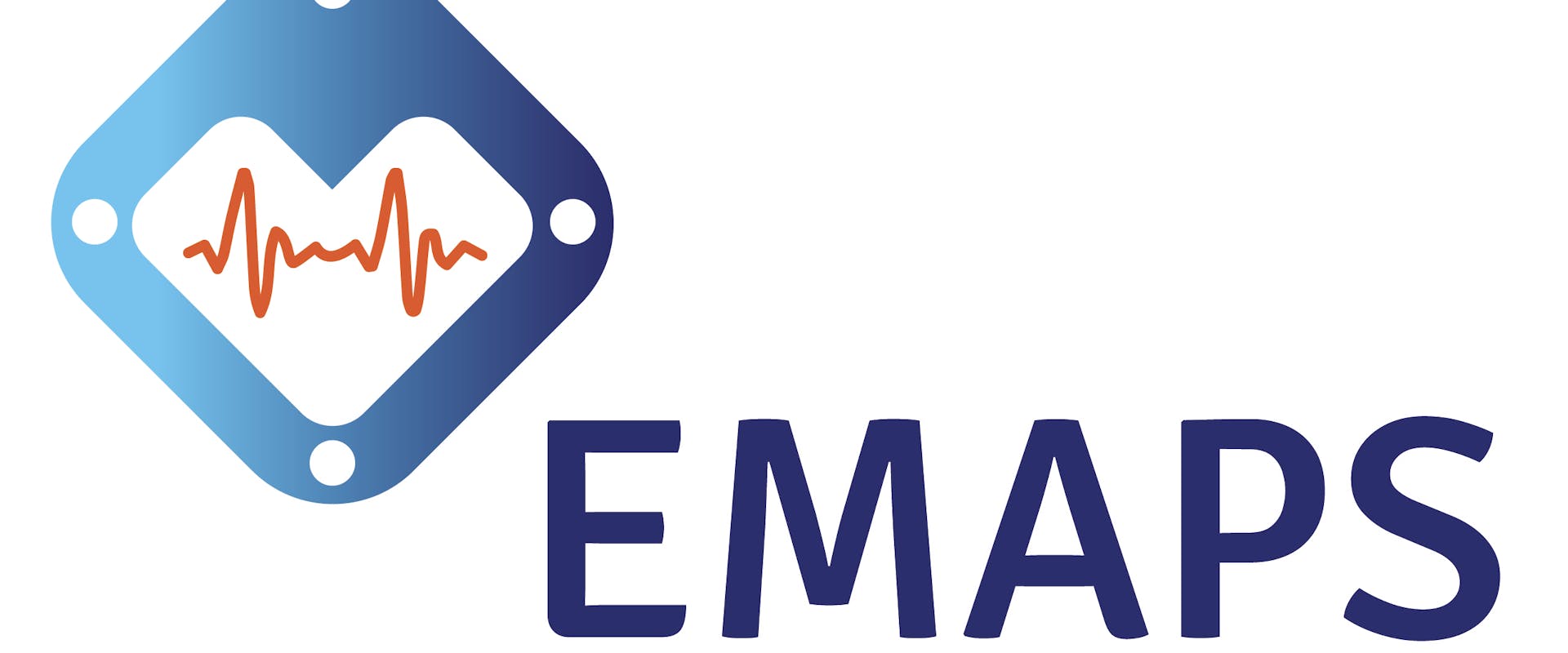Press release
Related Press

22 February 2024
CSEM and ClexBio create a bioreactor for tissue-engineered cardiovascular implants
The teams at CSEM and at ClexBio have developed a process for engineering vein grafts comprised of human tissue material that integrates into the patient’s body and can turn into real, living tissue....

31 May 2023
CSEM collaborates with innovative Swiss start-up MOMM Diagnostics to introduce revolutionary preeclampsia test
A cutting-edge point-of-care solution for preeclampsia diagnostics has been developed by the two partners: the system resembles a pregnancy test with electronic result analysis and allows a rapid diag...

29 August 2024
A high-tech 'neophyte radar': Using drones and AI to detect invasive plants
Invasive alien plants are a threat to our environment. A research initiative is now tackling the problem: The Neophyte Radar will detect the invaders from the air and enable effective containing....
